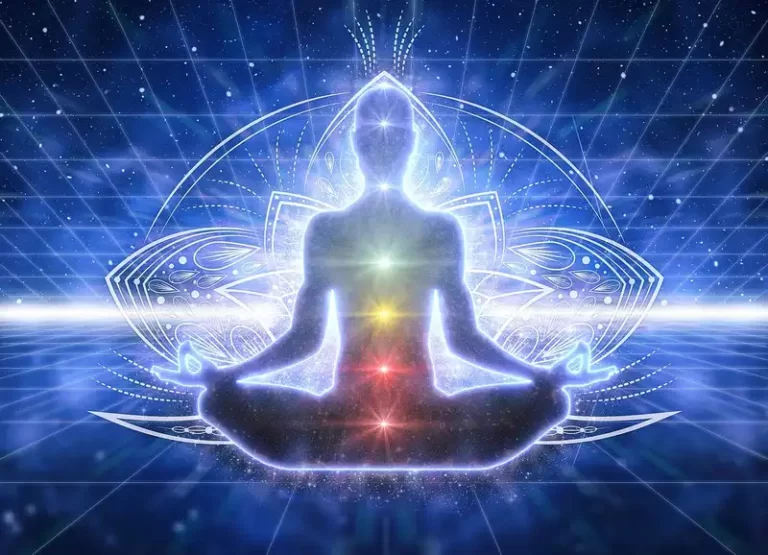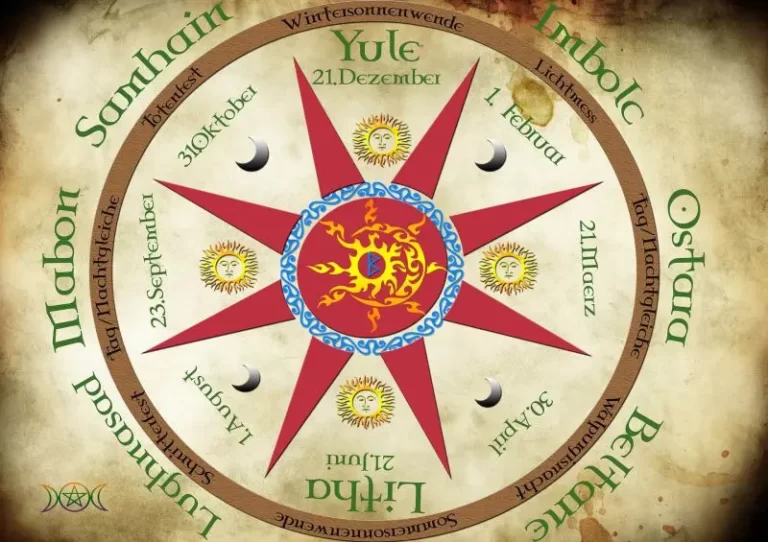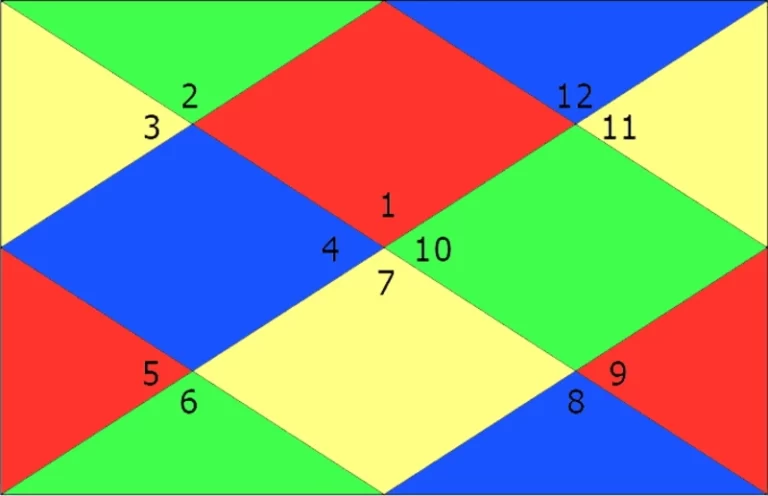Vedic Astrology and Western Astrology: Exploring the Differences
Introduction:
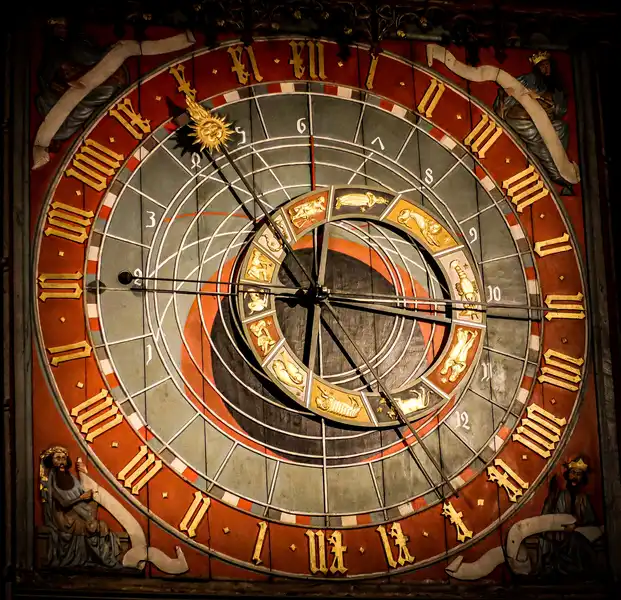
Venturing to grasp universe’s enigmas, we confront astrology, an age-old divination system that defies time’s limits. Throughout history, humans have aimed to decipher celestial motion, seeing deep insights into fate. Anchored in ancient times, astrology illumines with celestial sagacity, steering lifetimes through ups and downs.
A Brief Introduction to Vedic Astrology and Western Astrology:
Embarking on this celestial journey, we acquaint ourselves with two eminent streams of astrology: Vedic Astrology and Western Astrology. While both decode celestial influences on human lives, they diverge in principles, methods, and scope.
Vedic Astrology, rooted in India’s ancient texts, draws from Vedic insights. It weaves spirituality, karma, and reincarnation, focusing on Navagrahas’ role. Precision comes from Sidereal Zodiac and Nakshatras.
Western Astrology originates from Mesopotamia, Egypt, and Ancient Greece, influenced by myth. It centers on psychology and personalities. Core elements are the Tropical Zodiac and astrological houses, guiding analysis of planet placements for traits and tendencies.
Understanding the Distinctions and Advantages of Vedic Astrology:
Within astrology’s cosmic expanse, our blog’s aim is a cognitive and soulful journey. We intend to probe Vedic Astrology’s distinctions from the Western variant. We’ll plunge into their zodiac intricacies, planetary dominions, and predictive methods, unveiling the unique boons Vedic Astrology confers.
This exploration unveils timeless sagacity and spiritual profundity in Vedic Astrology’s core. By grasping distinct Vedic and Western methodologies and philosophical roots, we seek insights into life’s cryptic weave. Amidst celestial rhythms and their terrestrial links, Vedic Astrology emerges as a beacon, providing holistic direction and self-awareness for an enlightened purpose.
Vedic Astrology: A Glimpse into the Ancient Wisdom:
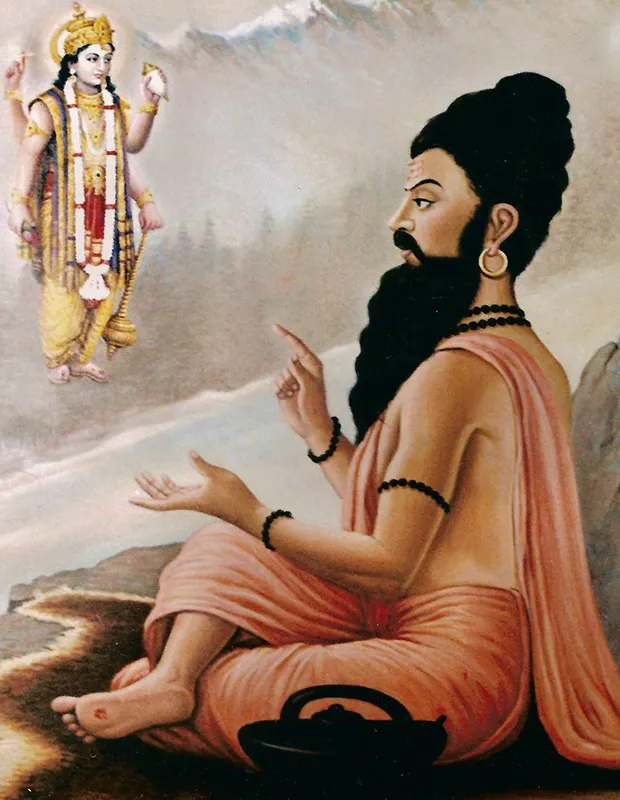
Historical Origins of Vedic Astrology in Ancient India:
Vedic Astrology’s essence stems from ancient India’s luminous past. Its roots reach into the sacred Vedas, treasured as the epitome of spiritual wisdom. Among the Vedas, Jyotisha (astrology and astronomy) emerged as an enduring science, safeguarding sage’s celestial insights. The Rishis, ancient seers, delved into stars, planets, and cosmic events, perceiving profound ties to human matters. Their undying revelations birthed Vedic Astrology, etching it into India’s cultural essence. This knowledge guided generations toward self-discovery and cosmic concord.
Across the ages, Vedic Astrology has upheld its unwavering tradition. Amidst challenges like Islamic Invasion and British Colonialism in India, the study and practice of Jyotish endured without interruption.
Philosophical Foundation – Connection to the Vedas and Spiritual Insights:
Vedic Astrology’s core lies in its profound bond with the Vedas, the epitome of divine wisdom. Vedic seers envisioned the universe as a tapestry of entwined energies, where macrocosm and microcosm merged. These scriptures echoed spiritual truths, acknowledging life’s unity with the cosmos. Born from this sacred wisdom, Vedic Astrology holds a holistic vision that acknowledges the divine essence in each, cycling through births and rebirths. Rooted in interconnectedness and spiritual growth, Vedic Astrology gains unmatched depth and meaning.
Role of Karma and Reincarnation in Vedic Astrology:
Vedic Astrology’s intricate design expands well beyond the present life. Karma, the law of cause and effect, holds a central role in birth chart interpretation. Planetary positions at birth mirror past-life karma, shaping the present journey. Vedic Astrology embraces reincarnation, where the soul progresses through lifetimes toward spiritual freedom. The astrological chart becomes a cosmic guide, tracing past actions’ ripples and steering future paths. This interplay of karma, reincarnation, and astrology grants Vedic Astrology an extraordinary outlook on life’s meaning and cosmic harmony.
Use of Sidereal Zodiac and Nakshatras:
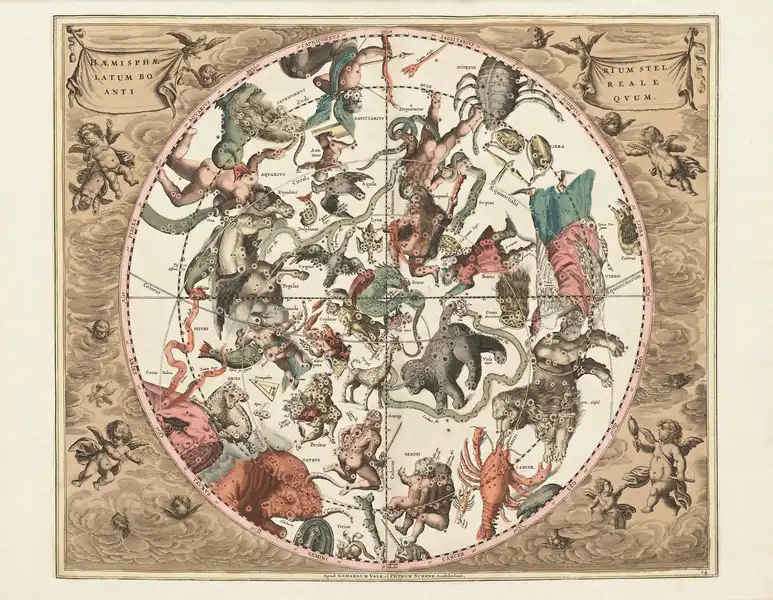
Vedic Astrology’s hallmark is its use of the Sidereal Zodiac and Nakshatras, differing from Western Astrology’s Tropical Zodiac. The Sidereal Zodiac aligns with actual constellations due to Earth’s axis precession, yielding precise planetary calculations. Nakshatras, twenty-seven lunar mansions, enhance predictions. With distinct qualities, they provide profound insight, enabling deep exploration of life’s intricacies.
Western Astrology: An Odyssey among the Stars:

Tracing the Historical Origins of Western Astrology to Mesopotamia and Ancient Greece:
Embarking on Western Astrology’s captivating journey, we uncover its roots in ancient Mesopotamia. There, Babylonians forged an early astrological system. Celestial observations wove links between celestial motion and earthly occurrences. This wisdom journeyed to Greece, entwining with philosophy and astronomy. Pioneers like Pythagoras and Ptolemy structured Western Astrology, securing its timeless influence.
Embracing the Influence of Greco-Roman Mythology on Western Astrology:
Western Astrology’s allure springs from its tie to captivating Greco-Roman mythology. Gods and goddesses bestowed planets with unique personas. Venus embodied love, Mercury intellect. This merger of myth and cosmos bestowed Western Astrology vivid narrative essence, infusing astrological readings with symbolic depth and cultural reverberation.
Western Astrology flourished during the Graeco-Roman Era, but declined with Christianity’s rise, seen as pagan. The Dark Ages further eroded its remnants. Modern revival faced Church resistance, lacking cohesive doctrine, persisting today in an undefined state.
Western Astrology and the Tropical Zodiac:

Unique in method, Western Astrology employs the Tropical Zodiac, unlike Vedic’s Sidereal Zodiac. The Tropical system aligns with changing seasons, tied to the vernal equinox Sun’s position. Dividing the ecliptic into twelve, each with a zodiac sign, it highlights sign attributes, shedding light on personal traits and life events.
Ayanamsa is the angular difference between the sidereal zodiac and tropical zodiac longitude.
Tropical Longitudes = Sidereal Longitudes + Ayanamsha
Multiple Ayanamsha types exist, but approximately, the present Ayanamsha value is around 24 degrees.
Exploring Psychological and Personality-Based Interpretations in Western Astrology:
A captivating aspect of Western Astrology is its focus on psychological and personality-driven analysis. Influenced by figures like Carl Jung, modern Western Astrology delves into the subconscious. By studying planet placements in the birth chart, it illuminates the psyche, unveiling traits, motivations, and avenues for growth. Navigating the human mind and soul, this psychological approach resonates in today’s astrology, empowering explorers on their cosmic journeys.
Contrasting Vedic and Western Astrology: Key Disparities:
Zodiac Systems: Sidereal vs. Tropical:
The crux of Vedic and Western Astrology distinctions rests in their Zodiac systems. Vedic employs the Sidereal Zodiac, aligning with true constellation positions. Precision factors Earth’s axis precession for accuracy. In contrast, Western relies on the Tropical Zodiac, linked to spring equinox Sun. Over time, precession shifts it from constellations, causing divergent zodiac signs and impacting astrological readings.
Planetary Rulership and Dignities:
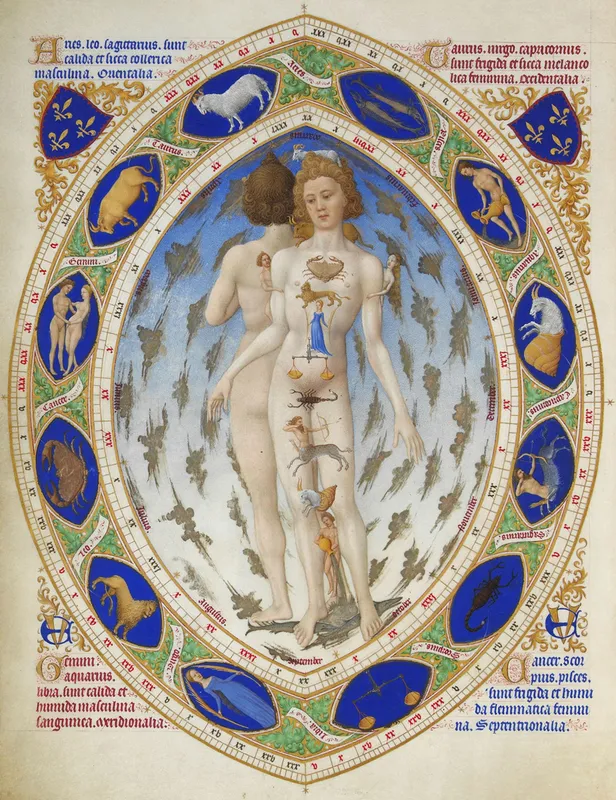
Another notable contrast emerges in planetary governance and honor within Vedic Astrology. Each planet rules certain zodiac signs and Nakshatras, shaping their impacts on a person’s life. Planetary dignities, including exaltation and debilitation, enhance analysis, showcasing a planet’s potency or vulnerability within a specific sign.
Vedic Astrology adheres to the prescribed nine Grahas dictated by our scriptures and tradition. In contrast, Western Astrology accommodates any number of Grahas the astrologer deems appropriate.
Interpretations of Grahas (planets), Rashis (zodiac signs), and Nakshatras (lunar mansions) greatly differ between these two systems. Diverse mythologies and historical contexts result in distinct perspectives. For a Western Astrologer, Venus evokes Aphrodite, while in Vedic Astrology, Venus is associated with Shukracharya, guru of Daityas. Venus’s Devta are Sachi and Indra. Vedic Astrology holds profound depth and layers, reflecting spiritual traditions.
Nakshatras vs. Zodiac Signs: Depth and Precision in Predictions:
Vedic Astrology stands out with Nakshatras, twenty-seven lunar constellations, as pivotal predictors. Each Nakshatra brings distinct qualities, enhancing understanding of personality and life occurrences. Nakshatras elevate prediction accuracy, yielding finer insights into one’s cosmic path.
Contrarily, Western Astrology relies solely on twelve Zodiac signs for forecasts and personality readings. While Zodiac signs provide archetypal insights, Nakshatras in Vedic Astrology often offer deeper, more precise revelations.
Aspects and Their Significance:
Astrological aspects, denoting angular relationships between planets, hold weight in Vedic and Western Astrology. Yet, distinctions arise in their number and significance.
Vedic Astrology features simpler aspects: conjunction (proximity) and opposition (180 degrees). These influence energies, shaping events.
Western Astrology encompasses a broader range: trines (120 degrees), squares (90 degrees), sextiles (60 degrees), and more.
Case Study: Albert Einstein – Comparing Vedic and Western Astrological Charts:
Let us take the example of Albert Einstein to understand the difference between Vedic Horoscope and Western Horoscope. As per available data, Einstein was born on 14th March 1879 at 11.30 AM in Ulm, Germany.
Let us draw his Vedic Horoscope and Westen Horoscope Side by Side to observe the obvious differences.
Chart 1: Vedic Horoscope of Albert Einstein
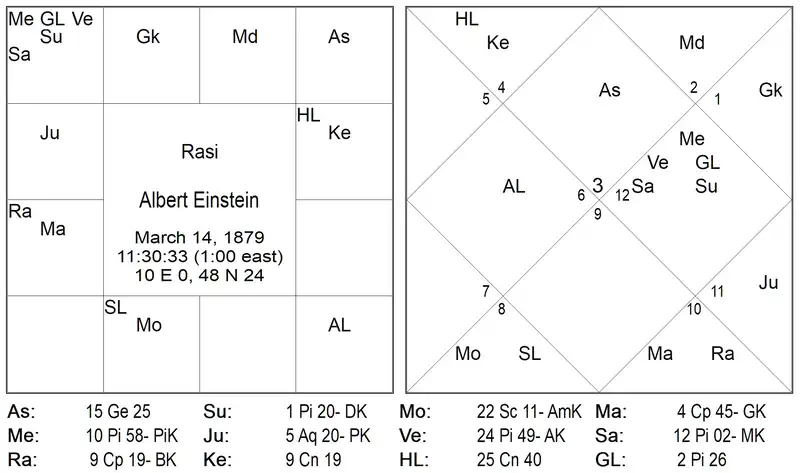
Chart 2: Western Horoscope of Albert Einstein
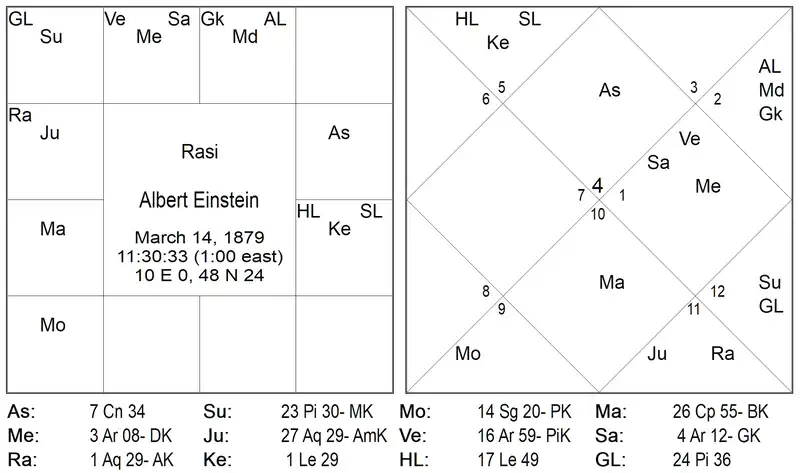
Let us first observe the very fundamental elements of the horoscope ie the Lagna, Rashi, and Moon Nakshatra. I have tabulated the findings below for an easy reference:-
| Albert Einstein | Vedic Horoscope | Western Horoscope |
| Lagna (Ascendant) | Gemini | Cancer |
| Rashi (Moon Sign) | Scorpio | Sagittarius |
| Moon Nakshatra | Jyestha | Purva Ashadha |
Clearly, the foundational components have shifted between the two systems. The Grahas’ longitudes have shifted, leading to considerable differences in Vargas, Dashas, and more.
Now, let’s perform a basic chart analysis and align it with key life aspects. I’ll focus solely on the Vedic Horoscope and its functioning.
- Until the age of 9, he faced speech challenges, was labeled as mentally challenged, and had a difficult school life. In the Vedic Horoscope, it’s notable that the Moon, the natural indicator of the Mind, governs the 2nd house linked to speech and early learning. However, the Moon is in a debilitated state in Scorpio, positioned in the 6th house. Additionally, the role of Mercury and the 4th house is significant. Mercury, symbolizing speech and intelligence, rules both the Lagna (representing the head) and the 4th house (pertaining to school education). Yet, Mercury is in a debilitated state in the 10th house in Pisces.
- In 1900, he completed his Mathematics degree, and by 1902, he became a Clerk at the Swiss Patent Office. During this period, he authored papers on the photoelectric effect, Brownian motion, special relativity, and the famous mass–energy equivalence equation, E = mc² (1905). He was awarded the Nobel Prize in 1922. Graduation corresponds to the 5th House. Venus governs the 5th house and is exalted in the 10th House, which represents career and honor. In Einstein’s chart, four Grahas – Mercury, Venus, Sun, and Saturn – are positioned in the 10th House. Venus is exalted and joins debilitated Mercury, resulting in Neechbhanga, signifying the mitigation of debilitation effects. In 1903, Einstein married Mileva, his first wife, a Serbian aspiring physicist, who some believe contributed to his research.
- The 8th House, associated with research, contains exalted Mars in conjunction with Rahu. The 10th house, positioned three houses away from the 8th, is significantly occupied by multiple Grahas, contributing a substantial 40 Bindus to the 8th House in the Sarva Ashtaka Varga (SAV) system. He is celebrated as one of history’s preeminent scientists and mathematicians.
The Advantages of Vedic Astrology:
More Accurate Prediction Techniques:
Vedic Astrology boasts potent prediction methods, unveiling future mysteries. Notably:
- Dasha System: This unique time-based technique segments life into periods ruled by specific planets, influencing various aspects. Precisely predicting events, it offers invaluable foresight.
- Nakshatras: Vedic Astrology’s exclusive Nakshatras, 27 lunar divisions, surpass Zodiac Signs in accuracy. Utilizing Nakshatra-based Chakras like Sarvatobhadra, Tripataki, Sanghatta enriches insights.
- Vargas: Vedic Astrology employs 16 Vargas (Divisional Charts), from Rashi to D60. D60’s Lagna changes every 2 Minutes, ensuring a unique chart for every individual born.
Holistic Life Approach:
Vedic Astrology excels in its grasp of the celestial-earthly nexus, embracing spirituality and karma.
- Spiritual and Karmic Integration: Vedic Astrology sees a cosmic-soul interplay. It upholds karma – action’s consequence. Interpretations not only gauge planetary influences but also past deeds’ effects. This spiritual depth bestows astrological insight with profound significance, kindling life purpose awareness.
- Personal Growth and Self-Discovery: Beyond foreseeing, Vedic Astrology catalyzes self-evolution. Birth chart exploration unveils strengths, trials, growth avenues. This introspective path enables profound self-understanding, fostering inner transformation and alignment with cosmic flow.
Remedial Measures for Positive Outcomes:

Vedic Astrology presents a diverse array of remedies to harmonize planetary energies and foster positive outcomes.
- Gemstone Therapy: Gemstones hold distinct planetary energies. Wearing gems linked to favorable planets or fortifying weak ones in the birth chart enhances beneficial energies and lessens adverse influences.
- Mantras and Rituals: Sacred chants and rituals restore balance with celestial forces, invoking divine blessings. These remedies cultivate harmony and alleviate malefic planetary impacts.
In conclusion, Vedic Astrology’s strengths include precise prediction methods like Dasha system and transits. Its holistic ethos, uniting spirituality and karma, offers profound self-insights. Remedial options such as gemstones and mantras empower individuals to navigate challenges and sync with cosmic energies. Embracing Vedic Astrology, seekers embark on a transformative journey, guided by celestial patterns, towards purpose, fulfillment, and spiritual awakening.
The Growing Popularity of Vedic Astrology in the West:

Rising Interest in Eastern Spiritual Practices:
Lately, the West has experienced a remarkable upsurge in fascination for Eastern spiritual traditions. In search of self and cosmic bonds, ancient Eastern wisdom, including Vedic Astrology, gains prominence. Eastern beliefs, steeped in spirituality, karma, and unity, strike chords with seekers exploring diverse life viewpoints. Vedic Astrology’s profound blend of spirituality and cosmic wisdom aligns seamlessly with this burgeoning curiosity, drawing enthusiasts from varied Western cultural contexts.
The Appeal of Vedic Astrology’s Comprehensive Approach:
The surging Western appeal for Vedic Astrology stems from its all-encompassing approach to understanding life’s intricacies. Unlike some Western systems focusing mainly on personality and psychology, Vedic Astrology delves profoundly, interweaving life’s facets – spirituality, karma, and rebirth. Recognizing past actions’ sway and the individual’s cosmic journey, it instills seekers with deep purpose and direction. This holistic view resonates with those seeking profound existence comprehension and universal connection.
Vedic Astrology’s Western traction is fortified by personal testimonials from transformed individuals. Embracing its insights and counsel, seekers share tales of growth, awareness, and life improvements. These accounts spotlight its prediction accuracy, depth, and real-life solutions. As word spreads about Vedic Astrology’s efficacy in offering profound guidance, more people gravitate toward this ancient wisdom for self-exploration and cosmic congruence.
Conclusion:
Through this cosmic odyssey, we’ve explored Vedic and Western Astrology, revealing distinct narratives that set them apart. Contrasting Zodiac systems – Sidereal vs. Tropical, divergent planetary governance and dignity concepts, Nakshatras’ precision vs. Zodiac signs’ depth, and variances in astrological aspects expose the intricate textures defining each tradition. Recognizing these differences allows seekers to embrace the diversity of astrological wisdom, aligning their journey with their cosmic quest.
While Vedic and Western Astrology both enlighten the celestial dance, Vedic Astrology gleams with its unique merits. Accurate prediction tools like the Dasha system and transits provide insight, guiding life’s chapters. The holistic ethos, grounded in spirituality and karma, awakens self-awareness and growth, forging alignment with cosmic order. Vedic Astrology’s array of remedies, such as gemstones and mantras, empowers seekers to balance celestial forces and manifest positivity. Enveloped in Vedic Astrology’s holistic vision, individuals embark on transformation, transcending the mundane to embrace their cosmic selves’ extraordinariness.
Vedic Astrology’s intricate blend of spirituality, karma, and cosmic counsel presents a trove of wisdom for those seeking life’s purpose within the grand cosmic mosaic. Let your cosmic journey commence, guided by luminous stars toward an enlightened and enriched existence.
I aspire for this article to provide you with assistance. Should you discover value within these words, kindly contemplate sharing them with your loved ones. I invite you to spare a moment to offer your thoughts and appraisals below. For further remarkable content akin to this, I encourage you to delve into our website. Additionally, I extend an invitation to subscribe to my YouTube channel for forthcoming materials of similar nature. Lastly, feel unrestrained to establish a connection with me through social media. Wishing you a splendid day ahead!
हरि ॐ तत्सत्
FAQs:
Here are some frequently asked questions (FAQs) about comparison between the Vedic Astrology and the Western Astrology:

